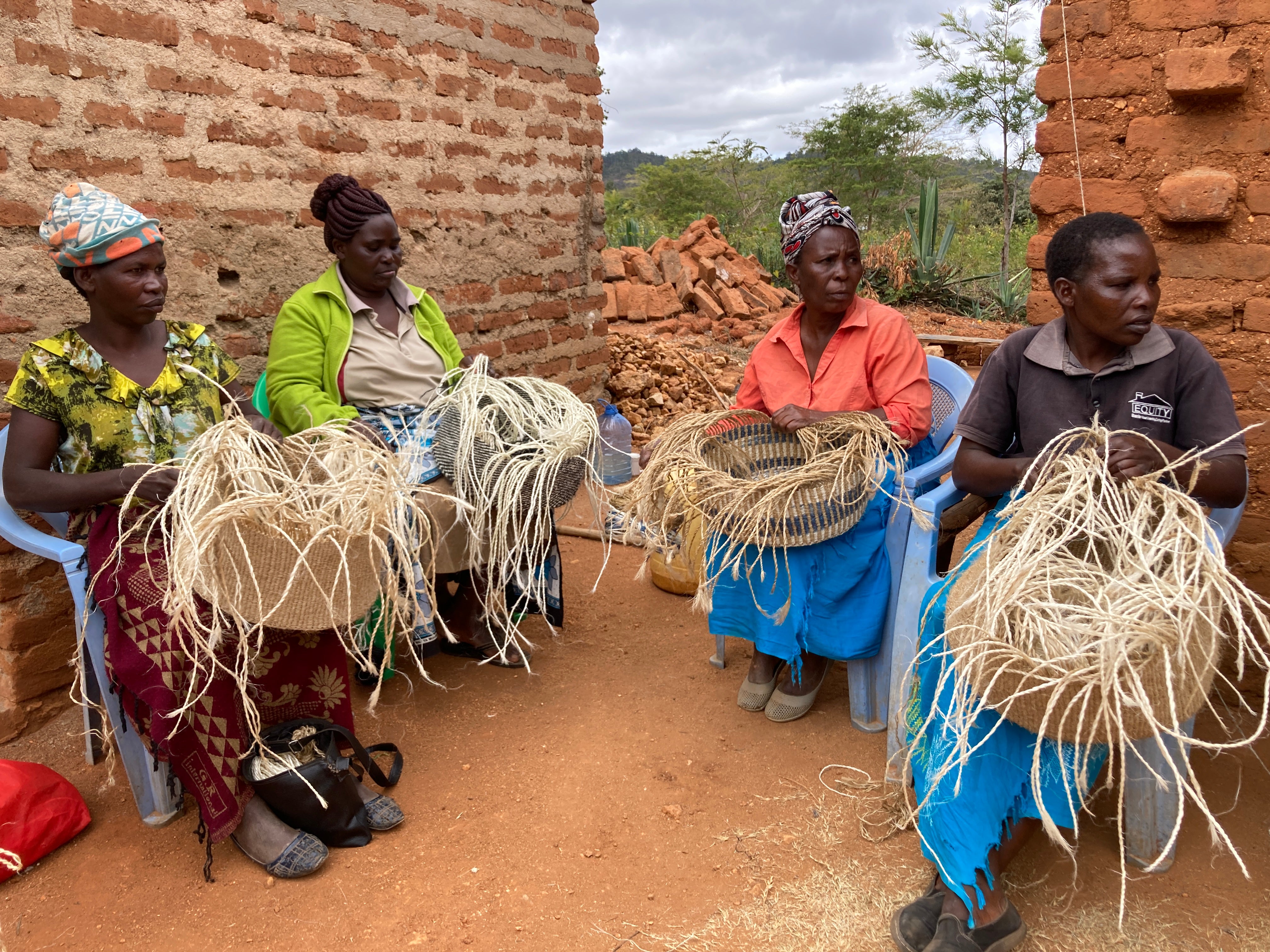Did you know that the artisan sector is the second largest employer in the developing world (behind agriculture) and mainly dominated by women?
Millions of people in developing countries around the globe, particularly women, use traditional crafts as a means to earn income and sustain their livelihoods. The global artisan market is projected to grow by 20% per year, reaching $1 trillion by 2024 (Research and Markets, 2018).
Despite this enormous potential, the sector continues to be undervalued when it comes to economic, social and environmental impact. Many artisan entrepreneurs operate in informal markets and are challenged in accessing regional and international markets.
Although women make up the greater part of this industry, they are not being provided the assistance necessary to support their unique struggles as women artisans. In programs providing both monetary investment and training in hard skills to artisans, the male artisans were shown to benefit significantly, while their female counterparts did not reap the same benefits.

Further investigation into this phenomenon revealed that female artisans require different types of help, often to a more involved degree, because of the greater societal hardships faced by women as a small business owner.
When studied, female artisans are shown to be more risk-averse than male artisans. Beyond the pervasive and often unconscious sexist and misogynistic hierarchies that continue to exist world-wide, in many countries there are also ingrained cultural beliefs and expectations that make it so women have a harder time asserting themselves, and taking on leadership roles. Moreover, many women must juggle their business in tandem with their lives as wives and mothers, which can impede their growth.
Kusuka seeks to address the unique challenges that female artisans face, and work with them to provide support that they and their business can truly derive long-lasting, impactful benefits from.
Written by: Isabel Sethi


